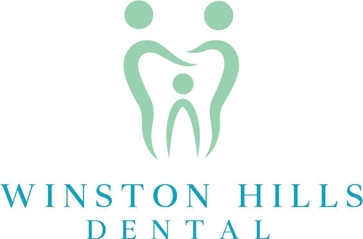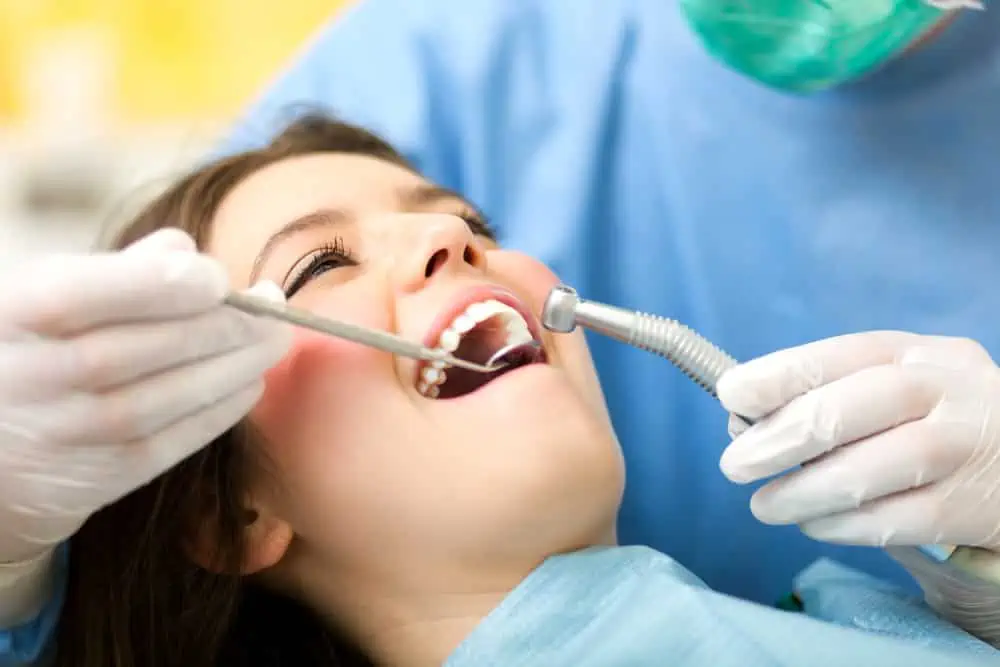Taking proper care of oral hygiene is essential for a healthy life. Having a regular routine of teeth cleaning can help keep teeth healthy and strong.
This article will explore the benefits of having your teeth cleaned, how often to do it, what home care can do, and the importance of professional cleanings.
Additionally, common questions and prevention tips will be discussed to ensure proper dental care.
The Benefits
Regular teeth cleanings can bring substantial health benefits. Professional teeth cleanings are an important part of any dental treatment plan, as they help to prevent tooth decay and the resulting tooth loss. During a professional cleaning, your teeth are thoroughly cleaned of plaque and tartar buildup, and treated with fluoride to help reduce the risk of cavities. Additionally, regular cleanings can help to reduce the need for more invasive dental treatments in the future.
Regular teeth cleanings are integral for maintaining good oral hygiene. In addition to removing plaque and tartar buildup, they also help to prevent gum disease. Regular cleanings also give your dentist a chance to check for any signs of oral cancer or other potential health problems.
Having regular teeth cleanings is the best way to ensure your teeth stay in top shape. By scheduling professional teeth cleanings every six months, you can help to prevent tooth decay, tooth loss, and gum disease. This will also give your dentist the opportunity to check for any potential health issues and to provide any necessary treatments.
Cleaning Frequency
The next important aspect to consider regarding professional teeth cleanings is how often they should be done. Generally speaking, it is recommended that you visit the dentist for teeth cleanings on a regular basis. This helps to ensure that your oral hygiene is up to date and that you are not at risk of developing gum disease. A professional dental exam is also typically done during a teeth cleaning, which allows the dentist to identify any potential issues, as well as to use special tools to reach those hard to reach places to provide a deep cleaning.
It is important to note that the frequency of teeth cleanings can vary from person to person. If you have healthy teeth and gums, a routine cleaning every six months may be sufficient. However, if you have a history of dental issues, your dentist may advise that more frequent cleanings are necessary. Ultimately, it is best to consult your dentist to determine the best cleaning frequency for your individual needs.
Home Care
In addition to professional teeth cleanings, performing daily home care is essential for maintaining healthy teeth and gums. Home care is an important part of any oral health and treatment plan, as it can help prevent or reduce the risk factors of dental issues such as tooth decay and advanced gum disease. A dental professional can provide specific advice about home care and offer helpful tips for keeping teeth clean and healthy.
It is recommended that individuals brush their teeth twice a day for two minutes each time, and floss at least once a day. Using an interdental brush or manual toothbrush can help reach those hard-to-reach places where plaque and bacteria can build up. Additionally, using a mouthwash or anticavity rinse can help further reduce the risk of decay.
Cleaning the tongue is also important for keeping breath fresh and reducing bacteria buildup. It is important to use the right tools for home care, such as toothbrushes with soft bristles, and to replace the toothbrush every three to four months.
Professional Cleaning
Twice a year is the recommended frequency for professional teeth cleanings, as regular dental visits are a crucial part of your oral care. Professional dental services help to provide proper oral hygiene and prevent gum disease, periodontal disease, and other dental issues. Utilizing the expertise of a dental hygienist can help keep your smile bright and radiant.
While brushing and flossing at home are important components of your daily oral hygiene routine, professional dental cleanings can help to take your dental care to the next level. Dental cleaning appointments are designed to remove any tartar buildup and plaque that your toothbrush and floss may have missed. Furthermore, professional cleanings allow for your dentist to identify any potential issues early, before they become more serious.
Common Questions
Given the importance of regular teeth cleanings, it is natural for people to have a few questions about the process. Many people are concerned about the risk of heart disease or dry mouth that can result from having their teeth cleaned too often. Others are curious about the benefits of having a healthy mouth, such as fresher breath and fewer dental implants needed. Still, others worry about the risk of gum disease or other chronic diseases that can be caused by excessive toothpaste or pathogenic bacteria.
The answer to these questions depends on a variety of factors, including the individual’s overall health, age, and lifestyle. Generally, it is recommended that adults have their teeth professionally cleaned every six months, though some may need more frequent cleanings. For those with an increased risk of gum disease or enamel erosion, more frequent cleanings may be necessary. A dentist or hygienist can help provide a personalized plan based on an individual’s needs.
Prevention Tips
Five practical tips can help individuals maintain a healthy mouth and reduce the need for frequent teeth cleanings.
First, brushing twice a day with an electric toothbrush is a must for reducing bad breath, keeping mouth healthy, and preventing the link between gum disease and systemic diseases.
Second, visiting the dental office twice a year is important for ensuring teeth remain healthy and for catching any signs of decay in the early stages.
Third, using fluoride toothpaste and drinking fluoridated tap water can help prevent cavities.
Fourth, using floss or interdental cleaners to clean between teeth is essential for removing plaque from hard-to-reach areas.
Finally, for individuals without dental insurance, investing in a dental plan can help avoid costly dental work down the road.
Regular brushing, flossing, and dental checkups will help keep gums and teeth healthy, reducing the need for frequent teeth cleaning.
Key Takeaways
Regular tooth cleaning is an important part of maintaining oral hygiene. Cleaning frequency will depend on individual needs and on the advice of a qualified dental professional.
Practicing good oral hygiene by brushing and flossing daily can help to prevent the buildup of plaque and other dental issues.
With proper care and regular visits to the dentist, teeth can remain healthy and strong for years to come.
If you’re looking for a friendly and professional dental team to help you take care of your oral health, visit Winston Hills Dental! Located at Winston Hills, NSW, our experienced team of dentists and hygienists will help you understand and maintain your oral health, so you can have a healthy, beautiful smile for years to come.

